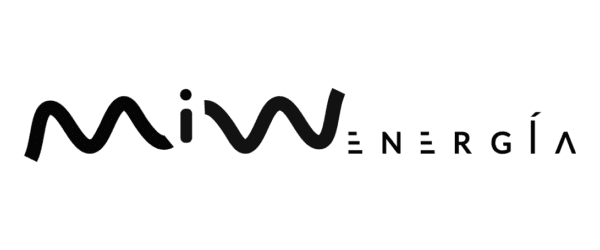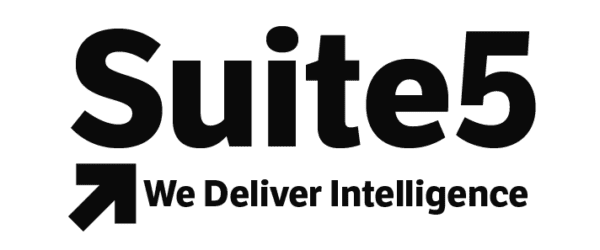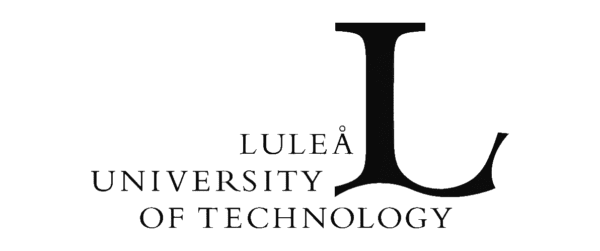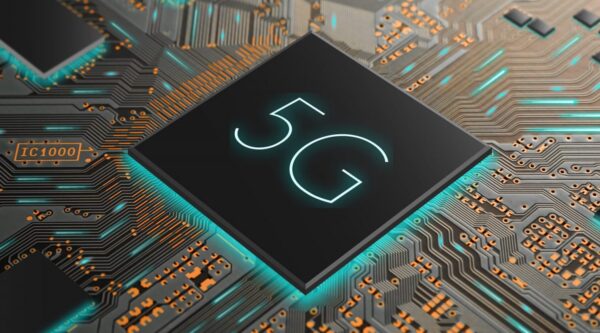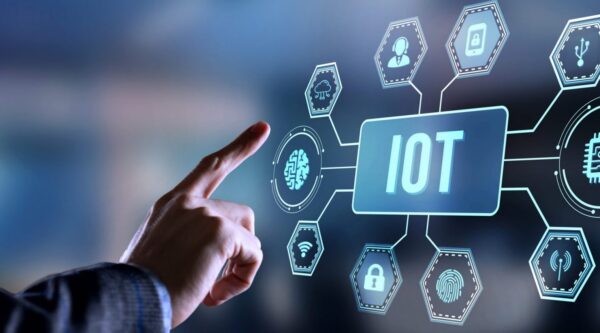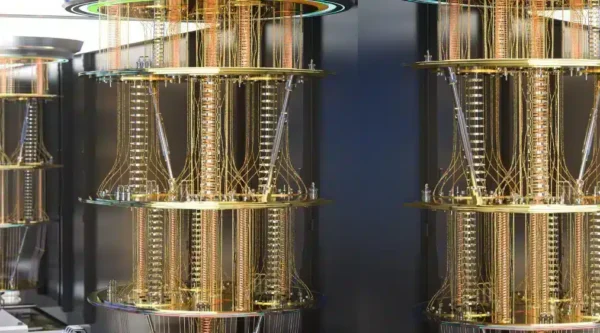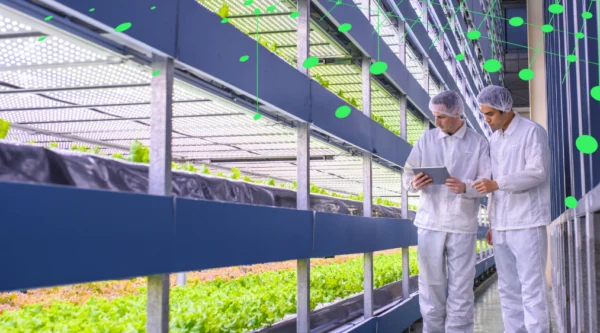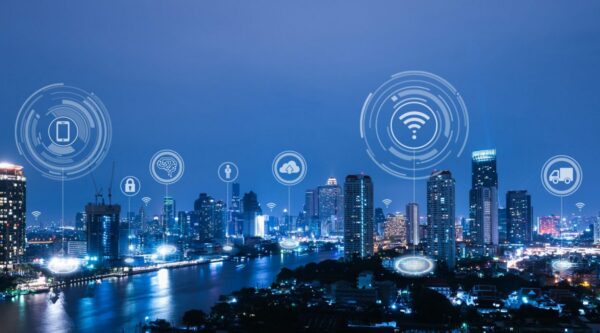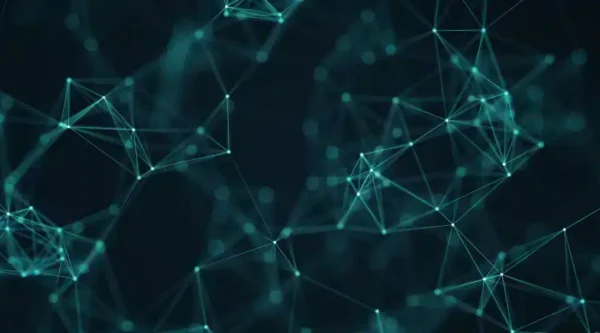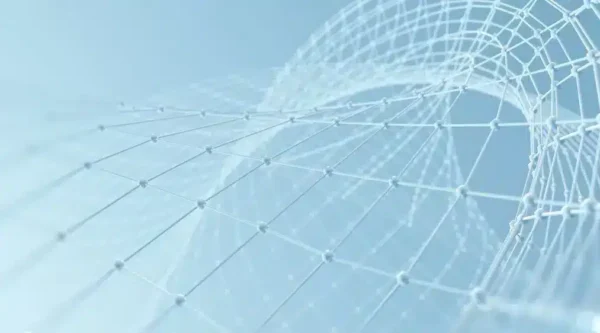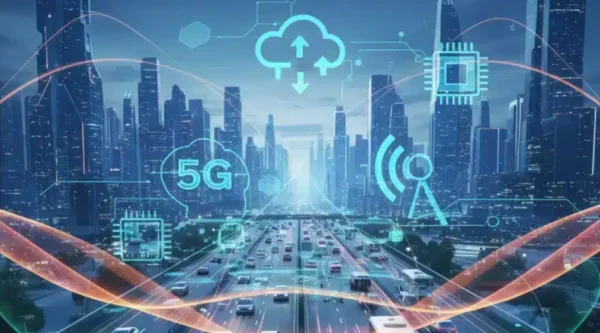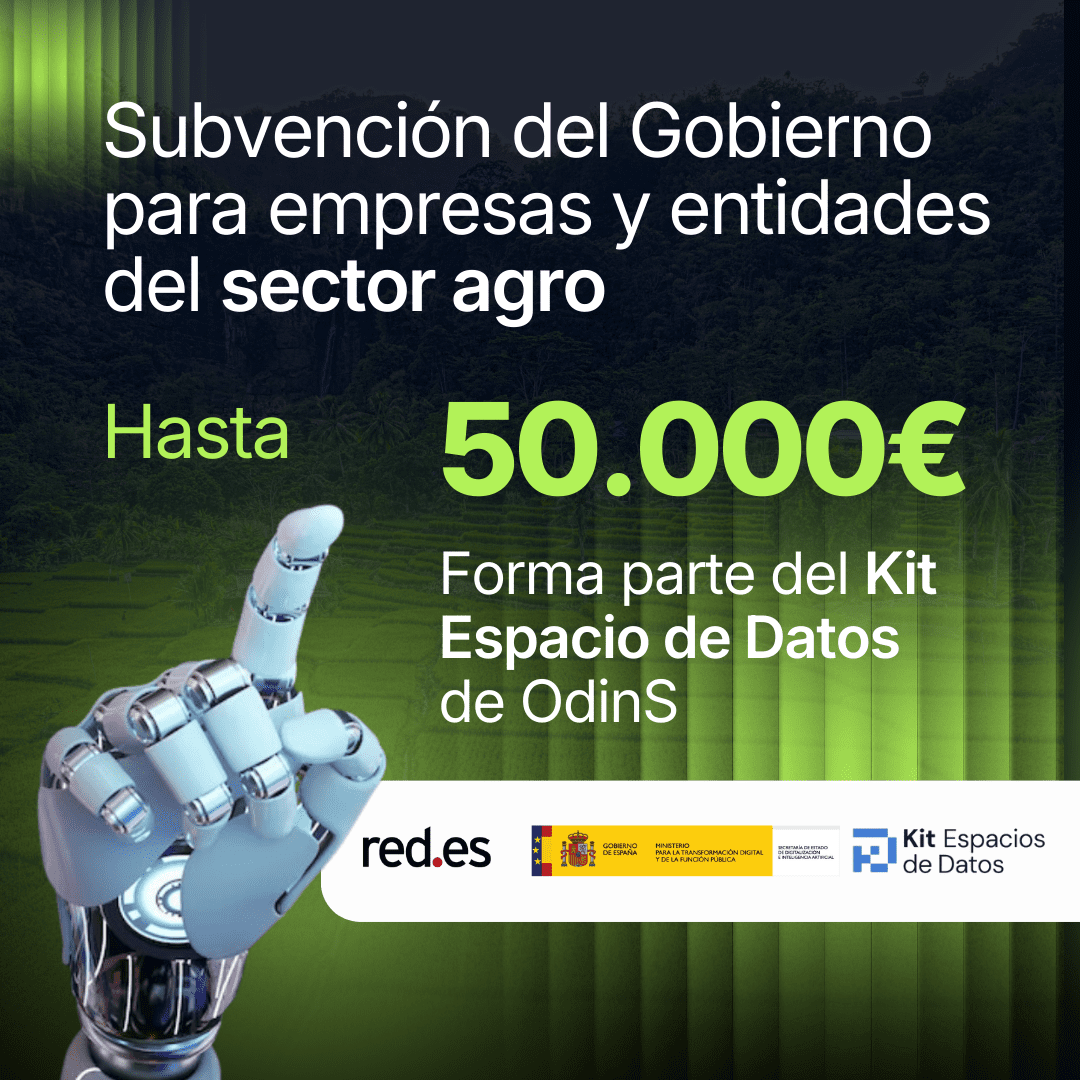Research on the integration of legacy devices to improve the energy efficiency of buildings.
Smart TVs and speakers, or virtual assistants are no longer out of the norm when it comes to equipment in a building. PHOENIX, a project funded by the European Commission, led by the University of Murcia and with a budget of more than 5 million Euros, will investigate the changes that are making intelligent buildings. The project will look at the different ways in which the transition from non-smart or near-smart to fully intelligent and integrated can be accelerated, but ensuring that this transformation is made towards buildings that create a healthy and safe environment for people.
The project introduces the concept of Adapt&Play. This concept has been conceived as the possibility of adapting the devices that exist in buildings to make them “connectable” to the internet, and thus become part of the Internet of Things (IoT) environment that communicate to a comprehensive control and actuation platform (this is the “Adapt”). This then allows its use to be controlled to reduce energy and optimize its operation (this is the “Play”).
With more devices connected to the internet, the building gains in intelligence, but this could lead to making it more vulnerable to cyber-attacks. Within the PHOENIX team there are international cyber-security experts who will ensure that the modifications made to the building will always contribute to greater cyber-security, and not the opposite, which would happen if this “smartization” were done in an uncontrolled manner.
PHOENIX has a global vision of the new paradigm in which smart-homes will be the norm in the near future. An intelligent entity (what buildings will be according to this approach) can establish a dialogue with its fellows. To this end, part of the project will be devoted to studying how buildings can communicate with energy suppliers and occupants. The communication will provide recommendations in both directions so that occupants have interior spaces brought to the highest standards and energy suppliers can create a more optimized infrastructure.
The project has been defined as purely people-centered, and is also perfectly aligned with the Smart Readiness Indicator, an intelligence indicator in buildings designed within the regulations of the European Union and that will soon be integrated by the member countries. Being “Smart Ready” means that buildings can integrate services for better living in buildings. Several pilots in five different countries in Europe will test the project’s technologies. All of them will involve occupants, users and technical managers, to ensure that developments are aimed at making buildings better spaces for humans, and better negotiators with the energy system, to make a healthy, safe and energy-efficient community as a whole.
The PHOENIX project is funded by the European Union under agreement number: 893079.



